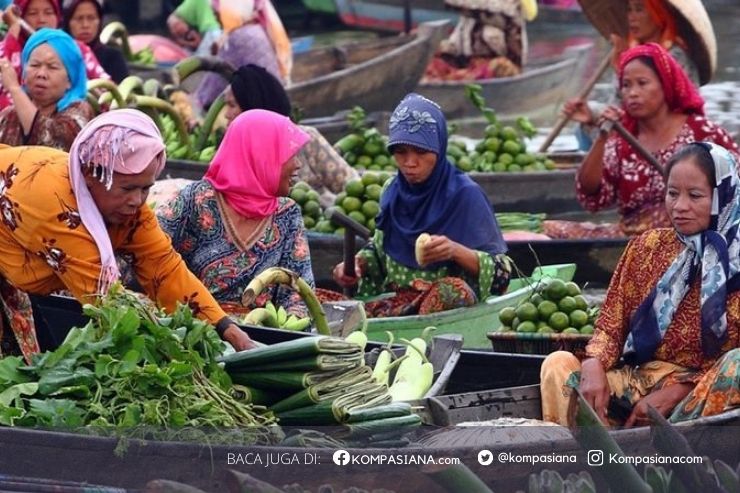The hijab carries a different story in every country. History, culture, and personal influence the story, which also forms different perspectives for each person who hears it. The ideas that arise in the minds of general public will vary. For example, the story of the hijab from Iran might lead people to perceive it as a symbol of oppression, while the story of the hijab in France and India might suggest that it is a part of individual rights to express one's beliefs.
As a hijabi, I feel a responsibility to introduce what the hijab truly represents. Specifically, the main point I want to emphasize is that the hijab is not a form of oppression. There are a few questions that I believe can provide a picture of the hijab that is far from being oppressive. Here is the explanation.
What is your view as a hijabi regarding the hijab?
The hijab I know is simple but has deep meaning. First, what I mean by "the hijab I know" is not that the command of the hijab in the Qur'an carries different perspectives or that the command in the Qur'an is confusing. "The hijab I know" refers to how I, as a Muslim woman, was introduced to the hijab in an environment where the majority of the population is Muslim.
It can also be said that it is about how society applies the commandment of hijab within a community. Then about "the hijab is simple" refers to the simplicity of the command to wear the hijab itself. The command regarding the hijab is written in the Qur'an, one of which can be found in Surah Al-Ahzab, verse 59, which is translated into English as follows:
"O Prophet, tell your wives and your daughters and the women of the believers to bring down over themselves [part] of their outer garments. That is more suitable that they will be known and not be abused. And ever is Allah Forgiving and Merciful."
Personally, the command to wear the hijab is simple because it has been clearly explained in the Qur'an and is easy to understand. The above verse and its interpretation fall under the explicit meaning of the Qur'an, so it does not spark much dissent. Then, the "deep meaning" of the hijab is that wearing it reflects a commitment to religious spiritual values. Additionally, for me, the hijab is related to how a Muslim woman wants to be seen by the world. The hijab can be seen as a symbol of self-empowerment and helps build self-confidence.
How is the hijab perceived in your environment?
The hijab is my decision but not a choice. This does not mean that the hijab is a command I created myself, but rather a decision I made personally. "The decision I made" has almost the same meaning as "the hijab is my choice." However, personally, the phrase "the hijab is my choice" feels a bit awkward because some people might think that the choice means "You can wear it" or "You can choose not to wear it."
Personally, I believe that the command to wear the hijab is obligatory for Muslim women, but how to carry it out depends on each individual. Therefore, I wouldn't casually say that a Muslim woman is not a Muslim because she doesn't wear the hijab. Furthermore, the hijab is my decision but not a choice in the sense that wearing it depends on one's readiness. This readiness is not about "You can wear it" or "You can choose not to wear it," but rather about "now" or "later."
Additionally, regarding the hijab being my decision, it means that I wear the hijab because of a decision I made on my own without being forced by anyone. I live in Indonesia, where more than 80% of the population is Muslim. The environment in which I grew up is also predominantly Muslim, with very few adherents of other religions. I was raised in a family that upholds religious values. My father is a religious man; he would ensure that his children always practiced religious rituals such as prayer, fasting, and reading the Qur'an.










